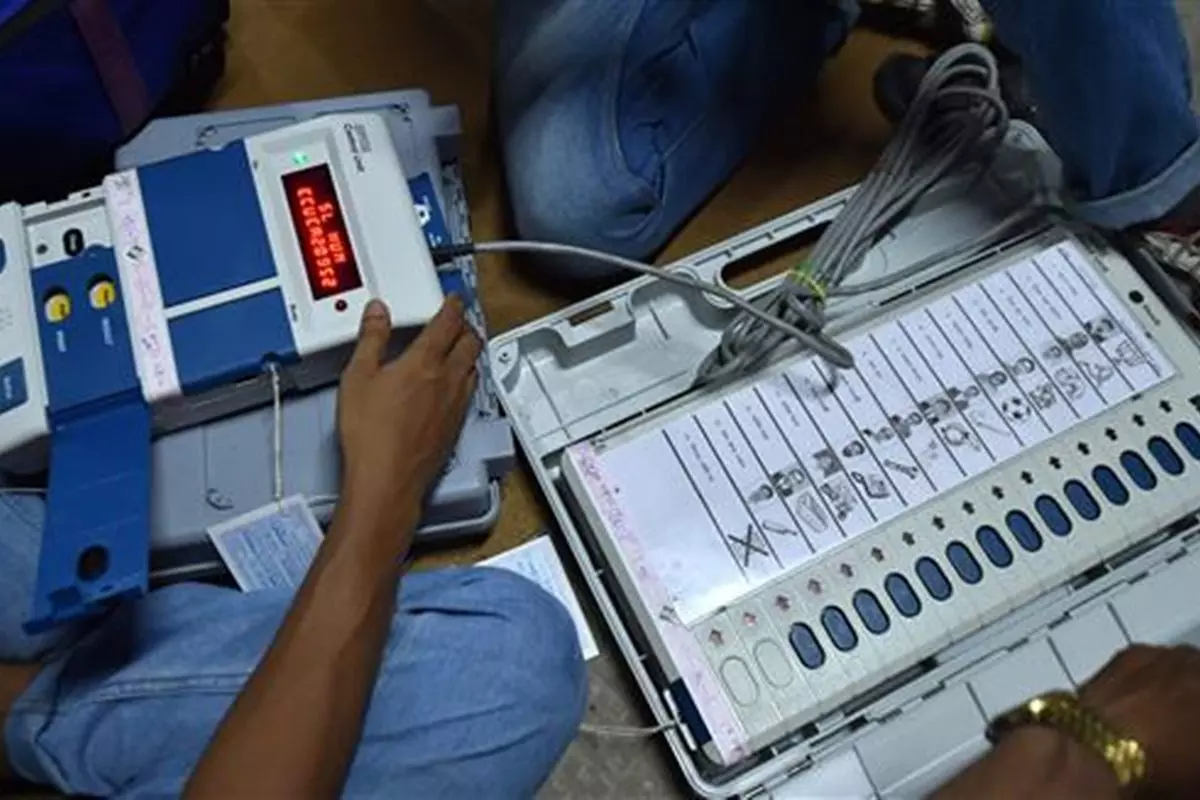Ill-timed intervention?

Political parties might be right in stalling the demonstration of use of Remote Voting Machines by the Election Commission of India. The apprehensions raised by them are indeed pertinent. The parties’ unanimous view is that the ECI’s proposal is ‘sketchy’ and not concrete. Furthermore, they rightly pointed out that “the definition of migrant labour and the number of migrant labourers is not very clear.” They are rooting for more time that will allow clarity and transparency in the system. It needs to be cleared at the outset that ECI’s noble intent of bringing the missing migrants into the electoral fold is laudable. Its decision to initiate remote voting proceedings is backed by a recommendation of the EC-constituted Committee of Officers on Domestic Migrants. The recommendation was made keeping in view that one-third of India’s general population still don’t vote. India’s voter turnout increased from a mere 17 per cent in first general elections to 67 per cent in the last general elections, which is comparatively better but there is always a scope for improvement. Among the 30 crore people who couldn’t exercise their franchise in last elections, a major chunk is that of migrant workers whose population is only swelling with time. As per the last census, the number of internal migrants increased from 31.4 crore in 2001 to 45 crore in 2011. The mammoth size of migrant workers’ population came to the surface as they took to streets during the second wave of the Covid-19 pandemic to return to their homes. The sheer size of the migrant population might be a compelling reason to rush for remote electronic voting but, at the same time, it may be worth considering that the overall migrant population is split in complicated fragments — 26 per cent are inter-district migrants within a state, 12 per cent are inter-state migrants and a large number of people migrate for a short span of time on a cyclical basis. Before coming out with a plan to implement remote voting, the Election Commission should push for technical definition and categorisation of migrant workers. It should also maintain its legacy of bringing consensus-driven successful reforms from time to time. Be it the use of EVMs or the VVPATs, consensus has been serving as the bedrock for electoral reforms. Political parties should be allowed adequate time to clear their doubts and apprehensions around the reform measure. Furthermore, the stumbling blocks are not just subjective in nature. There might be objective discrepancies as well. Apparently, the ECI may simply be relying on an inappropriate/inadequate tool for the purpose of including migrants within the electoral process, effectively. The mere demonstration of the RVMs would not present a good enough reason to go ahead with remote electronic voting. There are other logistical and procedural aspects as well that need to be taken care of. The foremost concern is around the verifiability of the remote votes. At present, there is a lack of procedural guidelines that provide for syncing of RVM votes with VVPAT. It is also uncertain as to how a person will be effectively checked from voting through both means — remote and home. Also, proper safeguards need to be put in place to ensure that there are no deliberate exclusions in the new system. If an opportunity is to be provided, it should be all-inclusive, leaving none behind in the framework. To sum up, the ECI needs to come out with a more detailed planning, taking in consideration the reservations raised by the political parties. The election body is chasing the right objectives but without adequate planning. It is true that the Supreme Court of India has time and again observed that freedom of access to vote lies within the ambit of Article 19(1)(a) of the Indian Constitution but that access has to be ensured in a soundproof manner. Nothing apart from the discretion of an individual should stop him/her from exercising their franchise. Neither the ECI is wrong in its approach nor the political parties are wrong in raising their concerns. The need of the hour is to evolve a more matured framework for including migrants in the electoral process.



